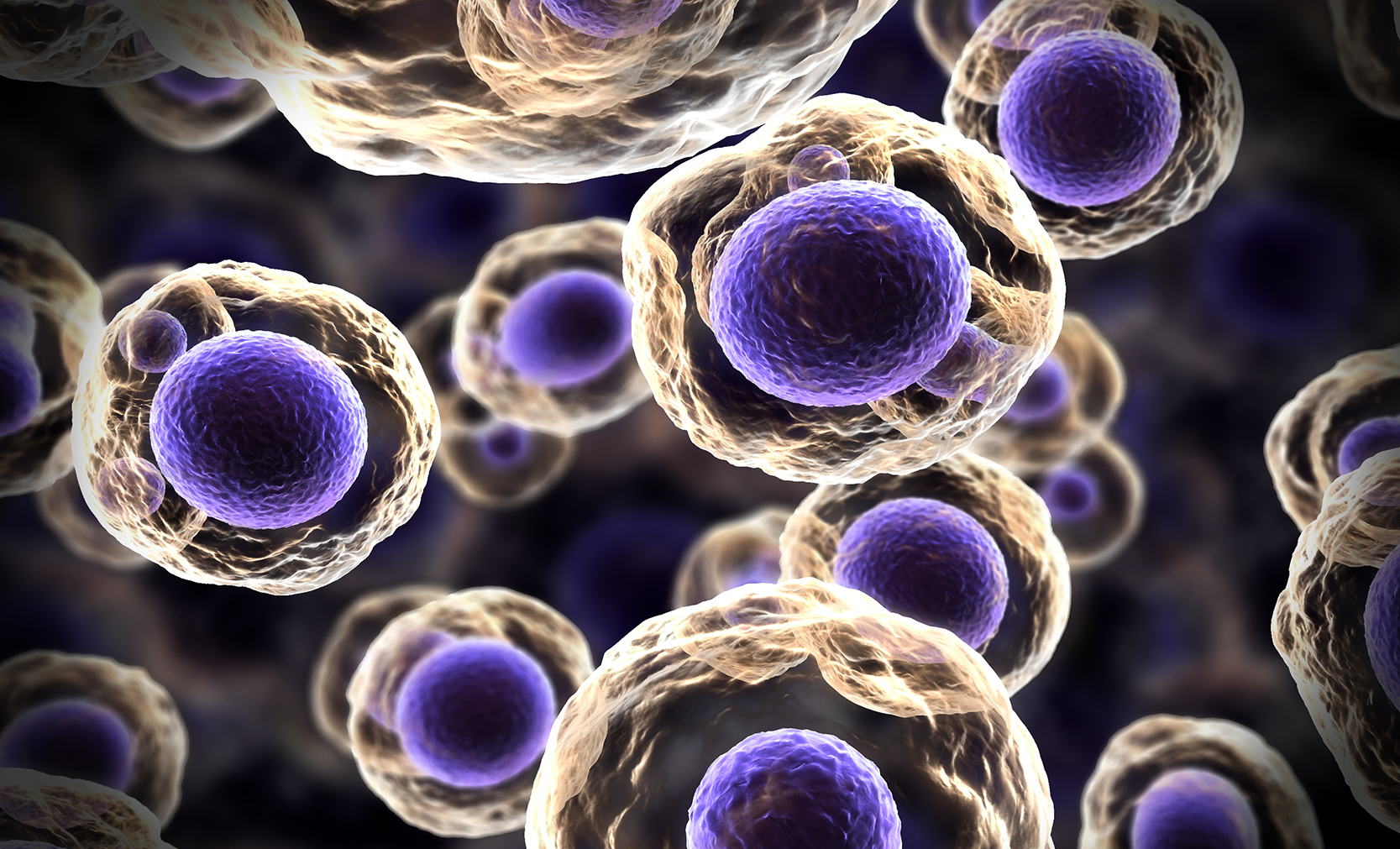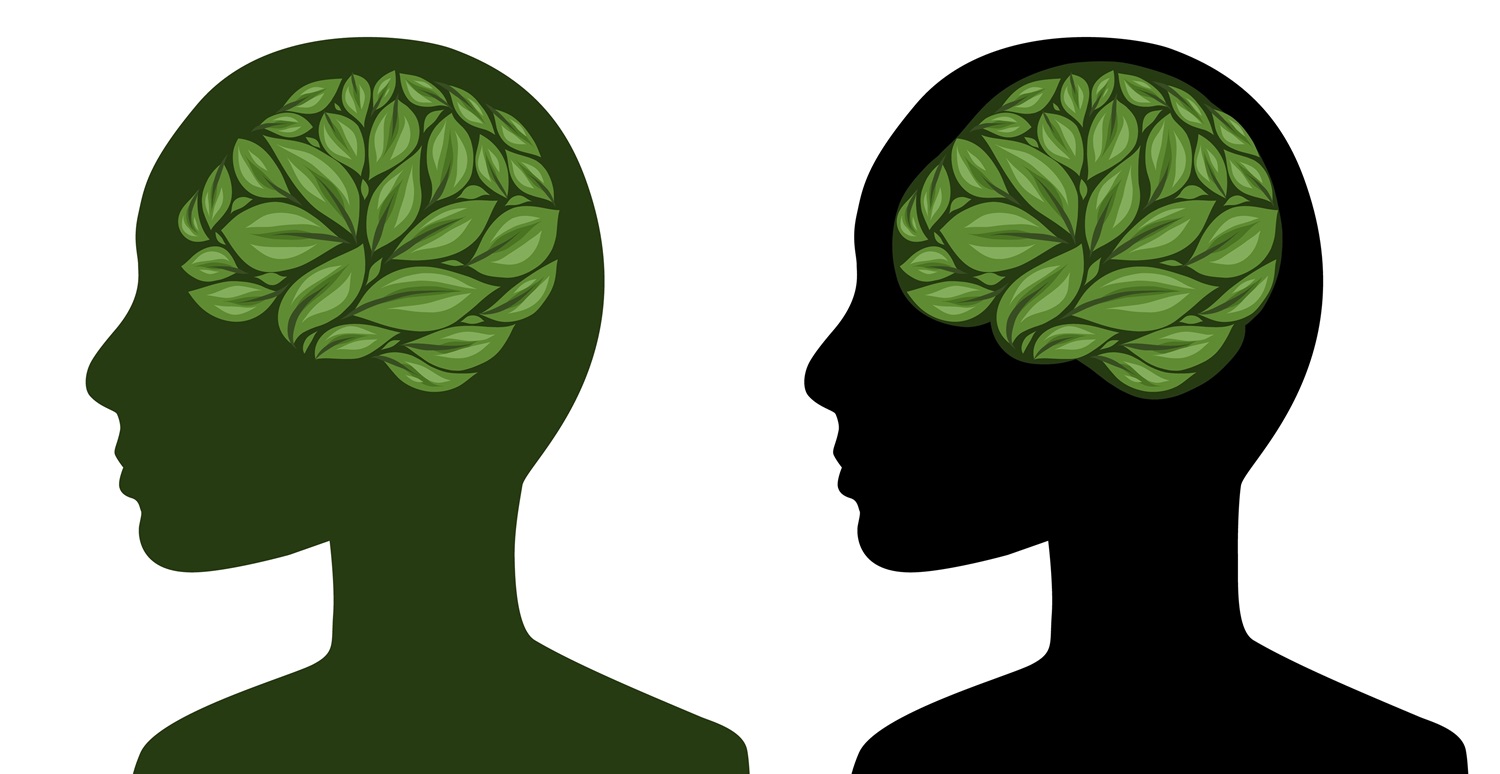For her research, she visited the famous WYSS institute and the Church Lab at Harvard, named after the geneticist George Church, who is known for his pioneering work with DNA sequencing, paving the way for a comprehensive picture of the human genome. Rijssenbeek describes him as ‘a truly brilliant man, but also someone with quite bizarre ideas’ — such as his notorious plan to resurrect the mammoth. The reason why Rijssenbeek wanted to look specifically at these labs is because they are where the most advanced things are happening. ‘The rules are quite strict in Europe. In America, they go somewhat further — or are more reckless, you could say.’
In most cases, research in synthetic biology has a clear, practical objective. For example, the scientists want to use modified bacteria to produce substances that are useful to people, such as biofuels, insulin or proteins. ‘As a result, the field is full of language that reduces life forms to input/output machines,’ she says. ‘But synthetic biologists are also invariably concerned with fundamental questions about life, either directly or indirectly. Insights from that research can serve as inspiration for philosophy too.’
What is life?
What is life? It is one of the oldest philosophical questions. Indeed, Rijssenbeek’s supervisors advised her at first not to delve too deeply into that topic, but she couldn’t really avoid it. ‘If I’m supposed to be reflecting on scientists who build life, my first question has to be: so what is life? And how does that change when humans try to build it?’
The blurred or shifting dividing line between the living and the non-living in synthetic biology gives rise to all kinds of new questions. These are ethical questions such as how we should deal with these synthetic life forms, as well as questions about fundamental concepts such as ‘life’, ‘organism’ or ‘machine’. What do we actually mean by such terms?
Rijssenbeek: ‘Synthetic biology uses highly technical language: it talks about units, platforms and reactors. What’s in a name, you might think, but the words you use colour your perception, what you see. For example, I’m highly critical of the term “cell factory”, which is a completely accepted concept in synthetic biology. But you are in fact reducing a living thing to a kind of object that only has an instrumental value because it produces something that is useful to humans. The terminology says a lot about our self-image; it reflects the spirit of the age of the Anthropocene, with mankind as the ruler of the world.’
Synthetic biology uses highly technical language, but words colour your view and perception
Rijssenbeek says the language used should always be critically examined: what are people actually saying? If you replicate a cell in the lab that only has some of the functions of a real cell, can you call it a cell? She raised this question with the American researchers too. ‘I couldn’t get a discussion going using the standard ethics questions. But when I asked them to tell me how they see life, how they would define it, they were keen to talk about that — in part because there isn’t always time and room for such discussions when they’re working so hard on the science in the labs. At one point, I’d got a group of scientists together who were working on a project on biostasis, in which they look for the point between when something is just being kept alive and when it reaches irreversible death. I put the following questions to them: when is something alive, when is it dead, and do you all have the same views on this? It turned out this was the first time they had talked about this, even though it was the subject of their research.’
Machine
The type of person also plays a role here, thinks Rijssenbeek, in addition to the high workload and pressure to perform. ‘Biotech specialists are real engineers.They simply want to build solutions, and building those solutions is how they try to get a better understanding of what life is. But this field of research increasingly shows we can’t take a reductionist approach to life. Life is not a machine that you can disassemble into its component parts and put together again to see how it works. It’s not that simple. I actually found it quite cool how, in every single project I looked at, the research only led to more questions.’
Life is not a machine that you can disassemble into its component parts
In her PhD thesis, Rijssenbeek emphasizes the importance in this field of applying collaborative ethics – in which life scientists and ethicists work together –from an early stage in the research.‘Philosophy and ethics are often seen as a retrospective reflection once the findings have progressed beyond the lab. But I discovered that is too late in the case of synthetic biology. By that point, you can no longer pose fundamental questions such as: what are we actually doing? And this field, where you are playing with life and death, is precisely one where researchers need to be able to reflect deeply on what they are doing. Equally, it is good for philosophy to be involved in a field where so much is happening. It’s all very well sitting in a comfy chair in your office philosophizing on what life is, but you get a completely different perspective from being in a lab and seeing what is going, what effect that has on scientists and how they talk about it. You learn from that, because synthetic biology sheds new light on fundamental questions.’
Incidentally, the Wageningen philosopher is not pessimistic about that new light. ‘The fact that the research projects keep throwing up new questions means life is constantly doing something other than what we humans wanted it to do. So it’s all very well thinking we can replicate life in the lab, as if we’re playing at being God, but we’re still a long way off that. Perhaps it sounds strange, but that makes me optimistic. It shows that life is still so enthralling, with so many treasures yet to be discovered.’
Wageningen examples
There is synthetic biology in Wageningen too. Resource has previously reported on a self-test for intestinal cancer that students developed. All you have to do is check whether your poo has a certain colour. It uses probiotic bacteria that have been genetically modified to react to biomarkers for intestinal cancer and produce a chromoprotein that changes the colour of the faeces. Then there was the PhD candidate Lyon Bruinsmaet, who was able to modify the bacterial strain Pseudomonas putida in such a way that he could use it produce anisole, an ether that could previously only be made via a chemical pathway. Many more projects are listed on the site of the Systems & Synthetic Biology chair group.
Video
Rijssenbeek made a short video as part of her research project as a way of investigating human-nature relationships, an alternative to the philosophical jargon in publications that will only be read by a select group of academics. For the video, she worked with a dancer and a robotics scientist. ‘As humans, we are constantly interacting with other life forms on this planet. You can see this as a kind of dance, a universal language in which humans are not necessarily in control. Making the video was an amazing experience and I learned so much.’




